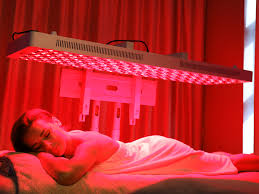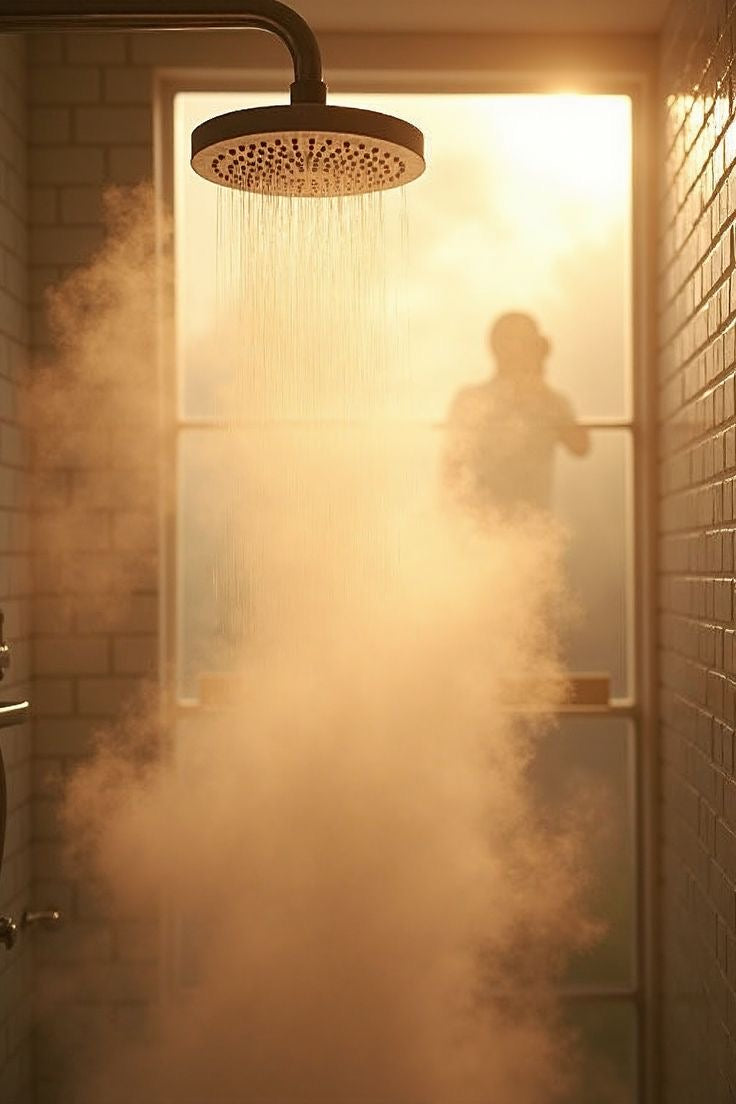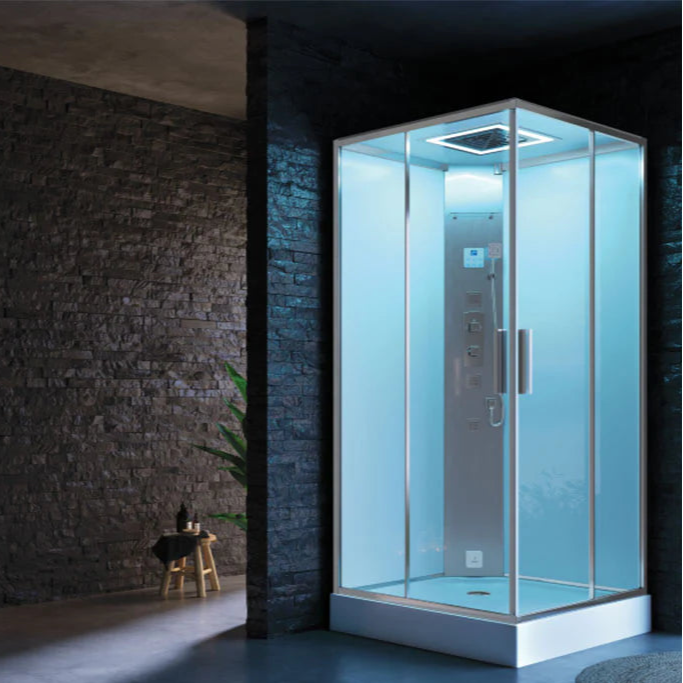Thinking of basking under Red Light Therapy Panels but worried you’ll glow your way into cancer? Short answer: Nope, it won’t cause cancer. Red Light Therapy at Home is safe when done right. From Red Light Therapy Beds to panels, this guide zaps the myths and lights up the facts—keep reading!

Understanding Red Light Therapy
Red Light Therapy (RLT), sometimes called photobiomodulation, uses low-level red and near-infrared light to help your body heal.
It’s commonly used for improving skin, easing pain, reducing inflammation, and even boosting hair regrowth.
Devices vary, from full-body red light therapy beds to small red light therapy panels for home use.
The light usually ranges from 630 to 850 nanometres, targeting energy production in your cells.
How Does It Work?
RLT penetrates the skin to reach your cells’ mitochondria—the bits that generate energy.
This encourages them to produce more ATP (adenosine triphosphate), which helps with tissue repair.
It also stimulates collagen, calms inflammation, and encourages healing.
Unlike UV or X-ray light, it is non-ionising, meaning it cannot alter DNA or damage cells.
Will Red Light Therapy Cause Cancer?
No, there’s no evidence that red light therapy causes cancer.
It doesn’t emit harmful UV rays or ionising radiation, which are known to damage DNA.
Instead, red light actually supports cellular function and reduces oxidative stress.
That said, if you have an existing tumour, you should not use RLT directly over it without guidance from a healthcare professional.
Also, steer clear of treating suspicious moles or lesions at home—have those checked first.
Red Light Therapy Safety Concerns: What to Watch Out For
Here's a quick look at the common (and rare) side effects:
| Possible Side Effect | Severity | Is it Common? |
|---|---|---|
| Mild skin redness | Low | Occasionally |
| Eye strain or irritation | Low to medium | Rare (wear goggles) |
| Temporary headache after sessions | Low | Uncommon |
| Overheating with faulty devices | Medium | Avoidable |
Red Light Therapy Precautions
Keep your sessions safe with these simple guidelines:
-
Start slow – stick to short sessions, especially in the beginning
-
Protect your eyes – wear goggles or avoid looking directly at the light
-
Don’t treat questionable moles – always have them checked by a GP
-
Stick to reputable devices – check for CE or FDA certification
-
Follow usage instructions – don’t overdo it just to “speed up” results
Potential Health Risks of Red Light Therapy: Myth vs. Reality

Here’s what’s not true:
-
RLT causes cancer
-
Red light burns or permanently damages the skin when used properly
-
It emits dangerous radiation
Here’s what to actually look out for:
-
Eye discomfort from intense light exposure
-
Skin sensitivity if you overuse it
-
Using RLT over cancerous lesions or tumours without medical supervision
Is Red Light Therapy Harmful?
Not at all—when used responsibly.
It’s even used in clinical and NHS settings for chronic wounds, oral ulcers, and musculoskeletal pain.
The treatment is well tolerated and generally low-risk, making it ideal for home use too.
Still, always consult a healthcare professional if you have an underlying condition.
Takeaways
-
Red light therapy is non-ionising and does not cause cancer
-
Avoid use over tumours or moles unless advised by a doctor
-
Use proper eye protection and stick to certified devices
-
Short, consistent sessions are best—no need to overdo it
-
Red Light Therapy at Home is safe and effective if you follow basic precautions
Conclusion
Red Light Therapy, whether from home panels or full-body beds, is a gentle, science-backed option for wellness and recovery.
It does not cause cancer, and when used with care, offers a safe way to support your skin, energy, and mood.
Glow on, responsibly!






